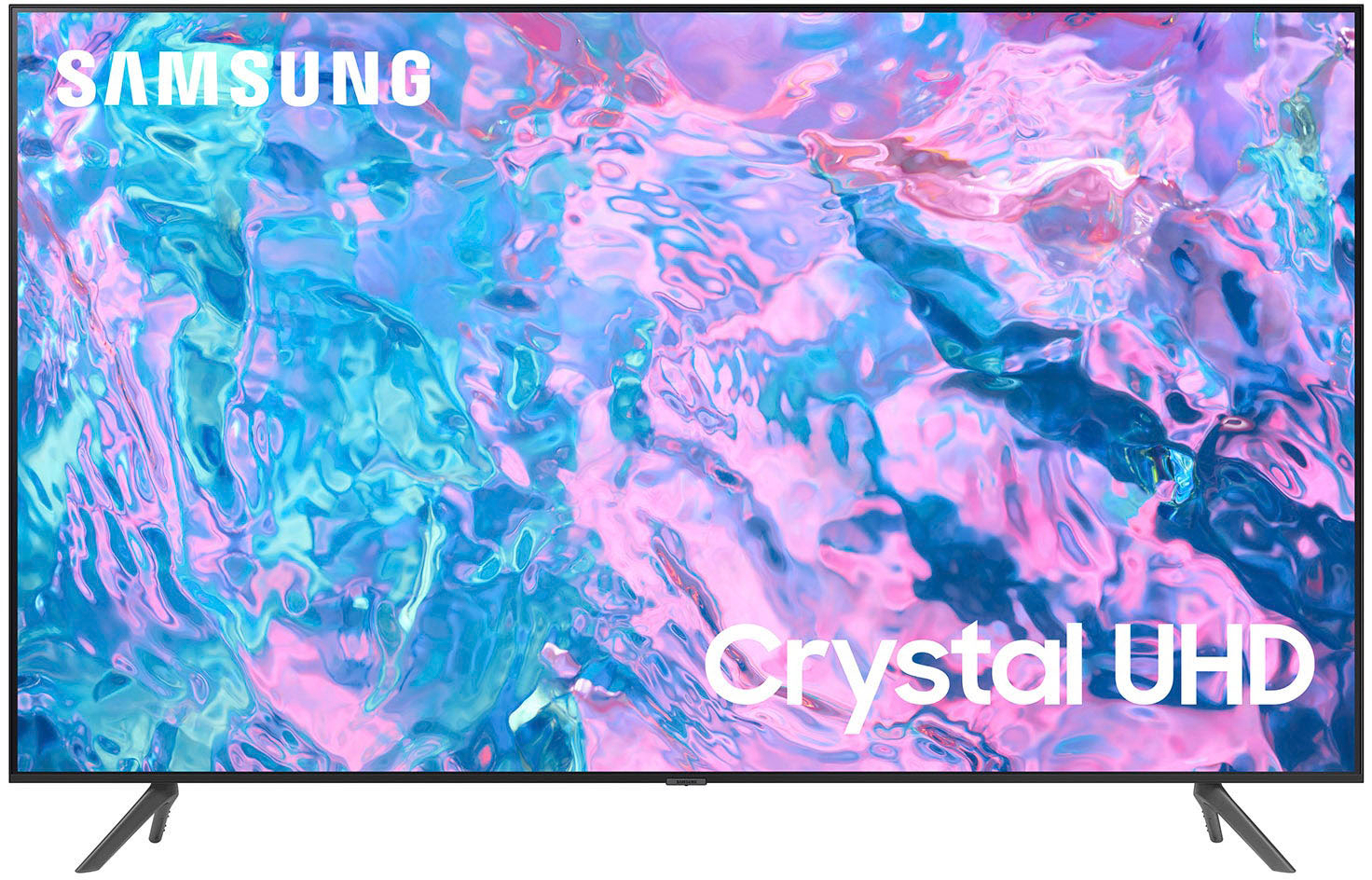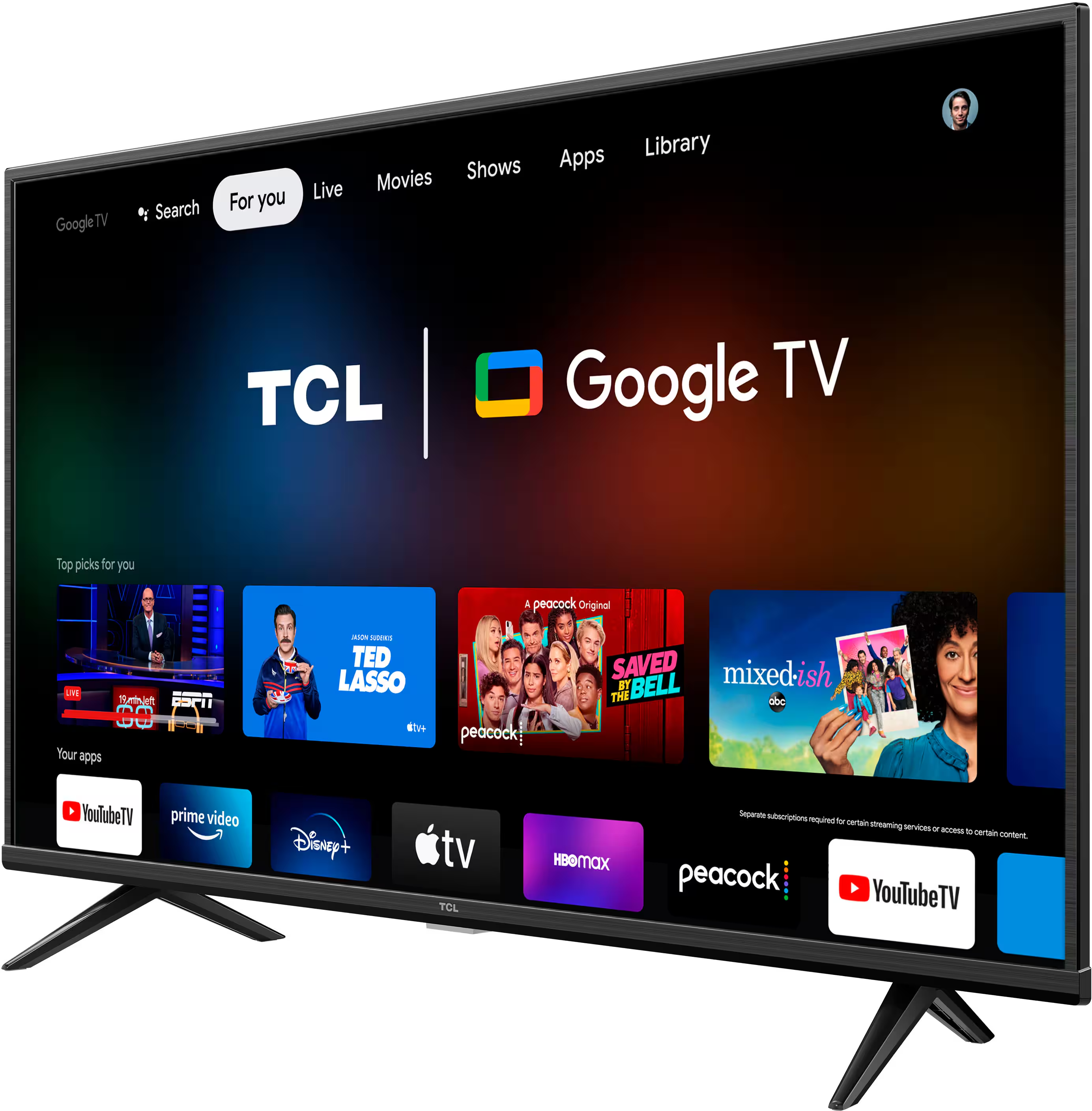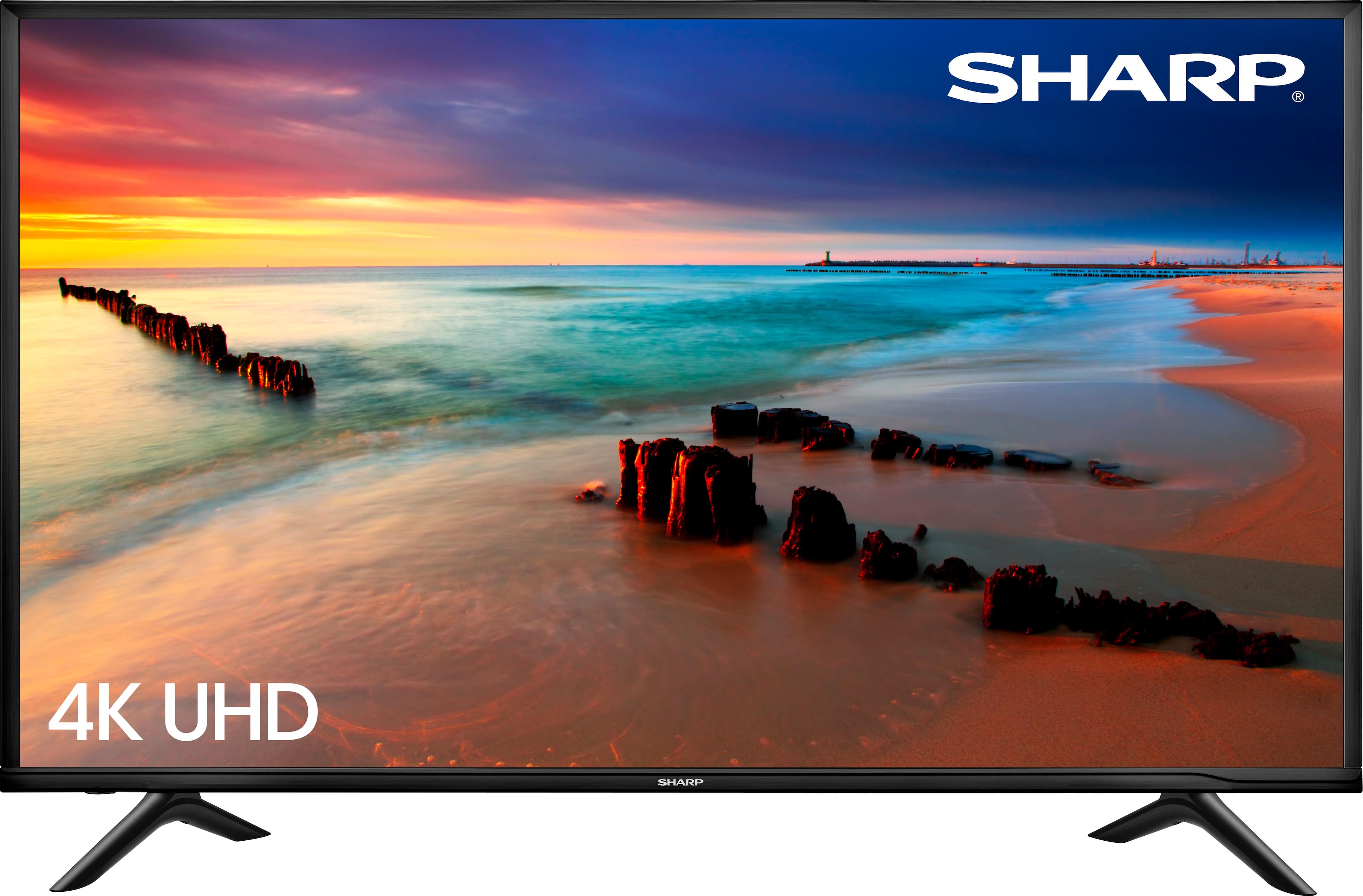2010s TV Shows: A Decade Of Unprecedented Peak Television
The 2010s stand as a monumental chapter in the history of television, an era where the small screen blossomed into an artistic powerhouse, rivaling and often surpassing cinematic achievements. This was the decade that gave birth to "peak TV," a term coined to describe the unprecedented output and escalating quality of scripted content. The landscape of how we consumed stories was irrevocably altered, as traditional networks fiercely competed with burgeoning streaming platforms, leading to an explosion of compelling and diverse TV shows from the 2010s.
Deciding on the best television shows of the 2010s requires navigating an era defined by unprecedented output and evolving standards of quality. Unlike past decades with clear standouts, the 2010s saw networks and streaming platforms like HBO, Netflix, and FX fiercely competing to produce prestige dramas and high-concept comedies. This intense rivalry not only enriched the viewing experience but also redefined what audiences expected from television, making the decade a true golden age for the medium.
Table of Contents
- The Dawn of Peak TV: A Content Avalanche
- Streaming's Revolution: Changing How We Watch
- The Reign of Prestige Dramas
- A Golden Age for Television Comedy
- Diverse Narratives and Unforgettable Characters
- The Critics' Consensus: What Made the Cut?
- The Enduring Legacy of 2010s TV
The Dawn of Peak TV: A Content Avalanche
The 2010s truly saw the birth of "peak TV," a phenomenon that transformed the television landscape into a veritable content avalanche. Trying to define television in the 2010s has proven just as great a task as keeping up with the surge in series, which crested in 2018 with an astonishing 495 scripted shows. This plethora of options wasn't just about quantity; it was about an unprecedented competition among networks and emerging streaming platforms. HBO, Netflix, and FX, among others, fiercely competed to produce prestige dramas and high-concept shows, pushing the boundaries of storytelling and production quality. This era marked a significant departure from past decades, where clear standouts were few and far between. In the 2010s, excellence became the norm, making the task of deciding on the best television shows of the 2010s a delightful, yet daunting, challenge. Every year brought a fresh wave of innovation, ensuring that viewers always had something new and compelling to watch, fundamentally changing the industry's trajectory and setting a new bar for quality.Streaming's Revolution: Changing How We Watch
The golden age of television that defined the 2010s was inextricably linked to the meteoric rise of streaming platforms. Services like Netflix, HBO Max (then HBO Go/Now), and Amazon Prime transformed how audiences consumed prestige dramas and, indeed, all forms of television. No longer were viewers beholden to fixed schedules or the limitations of traditional cable packages. The advent of on-demand viewing, binge-watching capabilities, and personalized recommendations fundamentally reshaped viewing habits. This shift democratized access to high-quality content, allowing audiences worldwide to engage with complex narratives and character-driven stories at their own pace. Streaming platforms not only distributed content but also became major producers, investing heavily in original programming that often pushed creative boundaries and challenged conventional storytelling norms. This direct-to-consumer model fostered an environment where niche genres could thrive and diverse voices could find an audience, contributing significantly to the rich tapestry of TV shows from the 2010s. The convenience and accessibility offered by streaming services were pivotal in cementing television's status as a dominant cultural force.The Reign of Prestige Dramas
The 2010s will forever be remembered as the decade where prestige dramas truly came into their own, captivating audiences with their cinematic scope, intricate plotting, and morally complex characters. This era saw television productions achieving the same, if not higher, levels of critical acclaim and cultural impact as major motion pictures. The investment by networks like AMC, HBO, and Showtime, alongside the burgeoning streaming giants, created a fertile ground for ambitious storytelling. These dramas weren't just entertainment; they became touchstones for cultural conversations, sparking debates and theories that permeated daily life. The depth of character development, the commitment to long-form narrative arcs, and the willingness to explore dark, challenging themes set these shows apart. They elevated television from a mere pastime to a serious art form, demonstrating the medium's capacity for profound and resonant storytelling.Cultural Cornerstones: Breaking Bad & Game of Thrones
When discussing the most impactful TV shows from the 2010s, two titans immediately come to mind: *Breaking Bad* and *Game of Thrones*. These shows didn't just dominate cultural conversations; they became global phenomena, defining the decade's television landscape. *Breaking Bad*, an AMC drama about a high school chemistry teacher's descent into a meth empire, was lauded for its meticulous writing, compelling character transformation, and relentless tension. Its narrative precision and Bryan Cranston's transformative performance set a new standard for anti-hero dramas. Viewers were enthralled by Walter White's journey, making it a critical darling and a fan favorite. Meanwhile, HBO's *Game of Thrones* captivated millions with its sprawling fantasy epic. Based on George R.R. Martin's novels, the series depicted nine noble families fighting for control over the lands of Westeros, while an ancient enemy returned after being dormant for millennia. Its unprecedented scale, intricate world-building, shocking plot twists, and massive ensemble cast created a cultural event with every new season. The show's ability to generate water cooler conversations, fan theories, and collective anticipation was unparalleled, proving that television could command the same, if not greater, global attention as blockbuster films. Both shows, in their distinct ways, pushed the boundaries of what television could achieve, leaving an indelible mark on the decade and influencing countless series that followed.Beyond the Blockbusters: Hidden Gems and Critical Darlings
While *Breaking Bad* and *Game of Thrones* captured the lion's share of headlines, the 2010s were rich with other prestige dramas that cemented the decade's reputation for quality. FX's *The Americans* stands out as a masterclass in espionage and marital drama. From top to bottom, no other show on TV from 2010 to 2019 was as complete, meticulously crafting its narrative and character development over six seasons. It resonated with viewers on an emotional level, exploring themes of identity, loyalty, and the human cost of ideological conflict. Other notable dramas that contributed to this golden age include *Homeland*, which captivated audiences with its intense political intrigue and psychological depth. HBO's *Big Little Lies* offered a compelling blend of mystery and character study, featuring a star-studded cast and incisive commentary on modern womanhood. Netflix's *Daredevil* proved the potential of superhero narratives within a more grounded, gritty dramatic framework. The miniseries *The Night Of* provided a taut, suspenseful look at the criminal justice system, while *When They See Us* offered a powerful and heartbreaking dramatization of a real-life injustice, resonating deeply with viewers. Even less conventional entries like *Undone*, with its unique animation style and existential themes, showcased the decade's willingness to experiment. These shows, alongside many others, ensured that the depth and breadth of dramatic storytelling on television reached unprecedented heights, making the 2010s a truly exceptional period for quality programming.A Golden Age for Television Comedy
While prestige dramas often dominated the critical discourse, the 2010s were also a golden era for television comedy, with an abundance of hilarious sitcoms capturing the hearts and minds of audiences worldwide. The decade saw a revitalization of the sitcom format, alongside the emergence of innovative comedic structures that pushed the boundaries of what was considered funny. From traditional multi-camera shows to single-camera mockumentaries and experimental sketch series, the comedic landscape was as diverse as it was entertaining. This era proved that comedy could be both broadly appealing and critically acclaimed, offering a much-needed counterbalance to the intense dramas that often defined the "peak TV" narrative. The best TV shows from the 2010s in the comedy genre demonstrated remarkable creativity, sharp writing, and memorable performances, ensuring that laughter was a constant companion throughout the decade.Sitcoms That Defined a Decade
The 2010s saw the birth of peak TV, and, with it, the dawning of some of the best sitcoms in TV history. Among them, *Modern Family* stood out as a critical and commercial success, redefining the contemporary family sitcom. Its mockumentary style, relatable characters, and witty humor resonated with a broad audience, earning numerous awards and solidifying its place as a staple of the decade. The show expertly balanced heartwarming moments with genuinely funny situations, reflecting the evolving dynamics of modern families. Another behemoth of 2010s comedy was *The Big Bang Theory*. This show, which began in the late 2000s but truly hit its stride in the 2010s, captured immense popularity. Its premise revolved around aspiring film actress Penny, who moves into a Pasadena apartment across the hall from brilliant, but socially awkward, physicists Sheldon Cooper and Leonard Hofstadter, and shows them how little they know about life outside of the lab. The quirky humor derived from the juxtaposition of their intellectual prowess and social ineptitude, combined with the relatable challenges of friendship and romance, made it a global phenomenon. Both *Modern Family* and *The Big Bang Theory* exemplified the enduring appeal of well-crafted character-driven comedy, proving that traditional sitcoms could still thrive and dominate viewership in an increasingly fragmented television landscape.Innovative Comedies and Genre Blends
Beyond the traditional sitcoms, the 2010s were a fertile ground for innovative comedies that experimented with format, tone, and narrative. Shows like *Master of None*, co-created by and starring Aziz Ansari, offered a more introspective and cinematic take on the millennial experience, blending humor with poignant observations on relationships, identity, and career. Its unique blend of comedy and drama, often shot like an indie film, showcased the evolving possibilities of the half-hour comedy. *Silicon Valley* brilliantly satirized the tech industry, combining sharp wit with surprisingly accurate portrayals of startup culture and the eccentric personalities within it. Its rapid-fire dialogue and escalating absurdities made it a standout. For those seeking something truly unconventional, *The Eric Andre Show* pushed the boundaries of sketch comedy, delivering surreal, often chaotic, and hilariously uncomfortable interviews and stunts. The decade also saw comedies that defied easy categorization, blurring lines with other genres. *Russian Doll*, for instance, combined existential comedy with a time-loop sci-fi premise, offering a darkly humorous yet profound exploration of life, death, and self-discovery. Similarly, British anthology series *Inside No. 9* masterfully blended dark comedy with horror, thriller, and drama, showcasing incredible versatility and often delivering shocking twists. These shows, among others, demonstrated that comedy in the 2010s was not confined to a single mold; it was a vibrant, evolving genre willing to take risks and deliver laughs in unexpected ways, further enriching the diverse array of TV shows from the 2010s.Diverse Narratives and Unforgettable Characters
The 2010s were a period of remarkable expansion in the diversity of narratives and the complexity of characters portrayed on television. The surge in content meant that creators had more opportunities to tell stories from varied perspectives, exploring different cultures, historical periods, and social issues with unprecedented depth. This commitment to diverse storytelling led to the creation of truly unforgettable characters who resonated with viewers on an emotional level and continued to draw them back week after week, or rather, episode after episode. For instance, *Peaky Blinders*, a gangster family epic set in 1900s England, centering on a gang who sew razor blades into their caps, transported viewers to a gritty, post-WWI Birmingham. Its compelling characters, led by the enigmatic Thomas Shelby, combined with stylish cinematography and a gripping narrative, made it a global phenomenon that transcended its historical setting. Another example of innovative storytelling was *Utopia*, a show where a group of people who meet online discover a bizarre graphic novel which seems to hold mysterious answers, finding themselves being tracked down by a merciless organization known merely as 'The Network'. This British series captivated audiences with its unique visual style, dark humor, and intricate conspiracy plot. The decade also saw shows like *Suits*, a drama about one of New York's most prestigious ad agencies, that, while perhaps not always reaching critical heights, consistently delivered engaging character dynamics and compelling procedural elements. The richness of these narratives, from historical epics to contemporary legal dramas and speculative thrillers, underscored the decade's commitment to exploring the full spectrum of human experience through the lens of television.The Critics' Consensus: What Made the Cut?
With such an overwhelming volume of high-quality content, the task of definitively ranking the best TV shows from the 2010s became a fascinating, albeit challenging, exercise for critics and media outlets. Various publications and aggregators attempted to distill the essence of the decade's television excellence, offering their perspectives on what truly made the cut. For instance, "The 50 best TV seasons of the 2010s, according to the Tomatometer," provided a data-driven approach, aggregating critical reviews to identify the most consistently acclaimed seasons. This methodology offered a quantitative measure of critical success, highlighting shows that maintained high quality throughout their runs. Beyond aggregated scores, subjective lists from respected voices in media also played a crucial role. "A list of the best series that premiered or aired a majority of episodes between 2010 and 2019, ranked by Paste writers and editors," offered a curated selection based on expert opinion, delving into why certain shows resonated more deeply. Similarly, the "TV Guide staff" weighed in, presenting "Here are the 25 best shows of the 2010s, as decided by the TV Guide staff." These lists, whether data-driven or editorially curated, consistently featured a core group of shows that were universally praised, alongside some surprising choices that sparked debate. They collectively painted a picture of a decade where excellence was abundant, and the discussions around what constituted "the best" were as rich and varied as the shows themselves. These critical assessments serve as valuable guides for anyone looking to explore the defining television moments of the 2010s.The Enduring Legacy of 2010s TV
As we look back, the 2010s were more than just a period of increased television production; they represent a fundamental shift in how we perceive and consume the medium. TV is, among other things, a way of marking time, and the shows of the 2010s indelibly etched themselves into the cultural consciousness, reflecting and shaping the anxieties, triumphs, and evolving social landscapes of the era. The decade’s legacy is multifaceted: it normalized binge-watching, transformed streaming services into household necessities, and elevated television to an art form capable of producing narratives as complex and impactful as any feature film. The relentless competition among networks and platforms spurred an arms race for talent and creative vision, resulting in an unparalleled era of quality. The TV shows from the 2010s set a new standard for storytelling, character development, and visual production, influencing subsequent productions across the globe. From the intricate plots of prestige dramas to the nuanced humor of groundbreaking comedies, the decade proved that television could be both immensely popular and critically profound. Its influence continues to be felt in the current television landscape, where high expectations for quality, diverse narratives, and accessible viewing options are now the norm. The 2010s didn't just give us great shows; they fundamentally reshaped the future of television.Conclusion
The 2010s were a transformative decade for television, ushering in an era of "peak TV" characterized by an explosion of high-quality content and the revolutionary rise of streaming platforms. We witnessed the reign of prestige dramas like *Breaking Bad* and *Game of Thrones*, which dominated cultural conversations, alongside a golden age of comedy featuring beloved sitcoms like *Modern Family* and innovative series such as *Master of None*. The decade fostered diverse narratives, from the gritty historical epic of *Peaky Blinders* to the intricate conspiracy of *Utopia*, creating unforgettable characters and stories that resonated deeply with audiences. The sheer volume and consistent excellence of TV shows from the 2010s not only set new benchmarks for the industry but also fundamentally changed how we engage with and consume television. It was a period where the small screen truly became the big screen, offering cinematic experiences from the comfort of our homes. As we move further into the 2020s, the legacy of this incredible decade continues to shape the future of entertainment. What were your favorite TV shows from the 2010s? Share your thoughts in the comments below, or perhaps revisit some of these classics to relive the magic of television's golden age!- Alessandro Preziosi E Fidanzata
- Katie Hanson Survivor
- Sugar Beach St Lucia
- Seo Young Joo
- Great Harvest

Customer Reviews: Samsung 55” Class CU7000 Crystal UHD 4K Smart Tizen

Best Buy: TCL 43" Class 4-Series LED 4K UHD Smart Google TV 43S446

Customer Reviews: Sharp 60" Class LED 2160p Smart 4K UHD TV with HDR LC